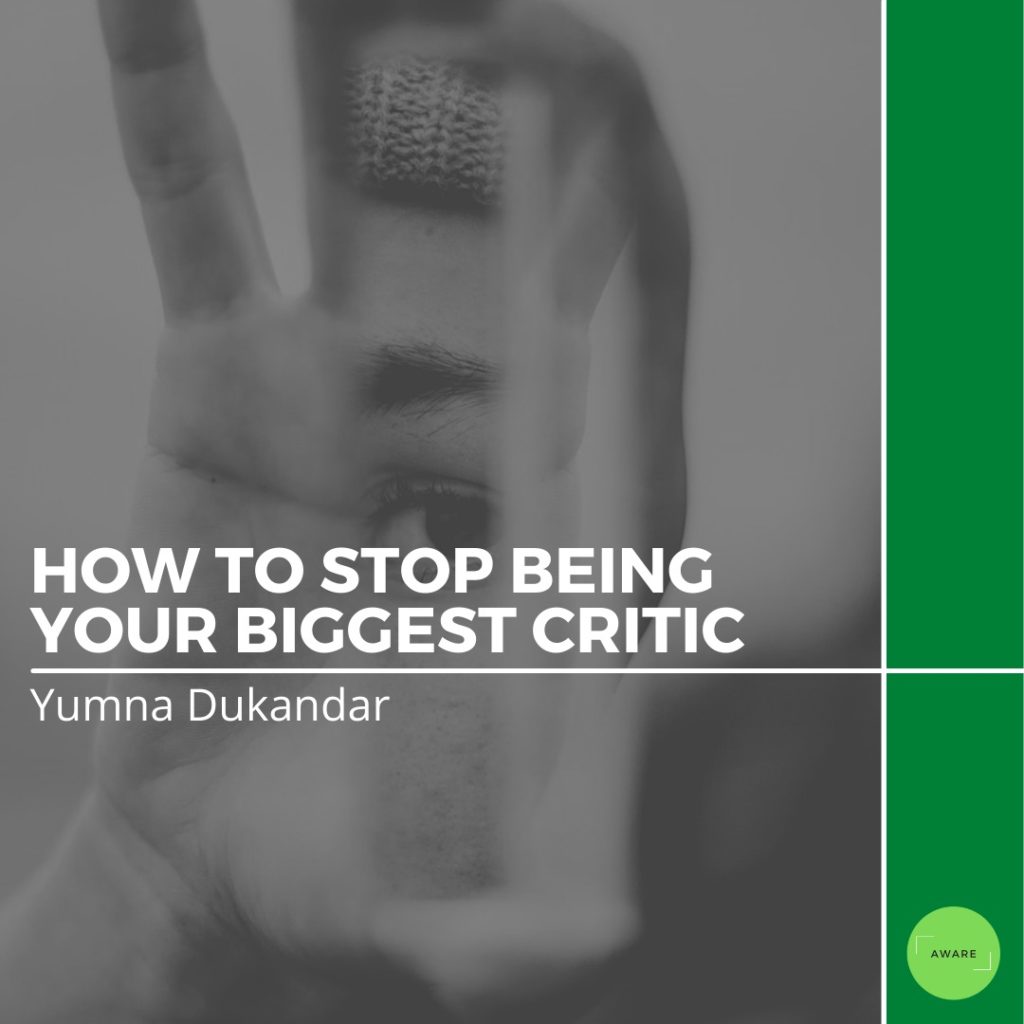During young adulthood, beginning at age 18, it is said that we begin to use our personal experiences to interfere with and enhance our learning. This means that we are able to analyze information and decide whether or not things fit in line with our morals and beliefs.
Tough love refers to a common display of affection, used with the intent of improving one’s behavior. The actions displayed are considered “tough” as they center around being firm, stern, and assertive. The line between toxic positivity and tough love are often blurred, as one could argue that they both exclude the necessary space to feel emotions. Social media has given us access to countless opinions and perspectives from all over the world. Tough love is most commonly promoted by motivational speakers through online platforms. It has become easy to consume content that might be damaging for our mental health. While phrases such as “getting back up even if the world knocks you down” seem proactive on the surface, they can often reinforce a harmful narrative of skipping past emotional validation. This highlights the importance of challenging information consumed on social media.
Psychology Behind Self-Criticism
The Theory of Positive Disintegration states that different emotions trigger psychological growth and development. This means that the emotions we feel, due to life experiences, are potential catalysts for breaking boundaries within our self-growth. Positive disintegration is associated with excitability in the belief that more developed people tend to feel emotions more intensely. Dr. Stuarte Vyse, an American psychologist, hypothesizes in his book that people who have a strong drive for affect to create helpful change allow themselves to feel emotions more deeply. High-energy emotions that are commonly experienced with competitiveness and perfection, such as anxiety, are therefore felt more often by these individuals. This, therefore, drives the need for continuous self-improvement.
Steps to Reducing Self-Criticism
While holding yourself accountable to the boundaries and goals you wish to complete is important, it is also necessary to acknowledge that life is hardly black-and-white. There is room for both kindness and firmness. A few points to consider when working on self-criticism include –
- Acknowledging past behavior – Accepting the mistakes you have made and practicing positive self-talk such as “it was a mistake, and I will learn from it” are helpful tools in training your mind to process failure differently. It is important to remember that this shift will feel foreign at first. However, with time, it will begin to feel more natural and will be easier.
- Being present – Anxiety can often drive criticism, which is why learning to be mindful of the current moment can be helpful in reducing it. By focusing on the current moment and the object at hand, you will have less room for negative self-talk based on incomplete future tasks.
- Leaning into self-kindness and compassion – It is often easier to place blame and shame onto ourselves, due to the culture we live in. Society places a heavy importance on “levelling up”, having multiple streams of income, and being the best at what you do. It is important to pursue goals and have ambition. However, a balance needs to be maintained between pushing yourself and having grace within the realms of reality. Shifting your inner dialogue to affirmations that are more neutral might be a good starting point to increase kindness and compassion. This includes phrase such as “I am doing the best with what I have” and “I will try again when I am able to”.
Self-criticism is rooted in our need to push, advocate, and perform at our best. While these traits are commendable, a gentler mindset could create the same – or even better – results.
